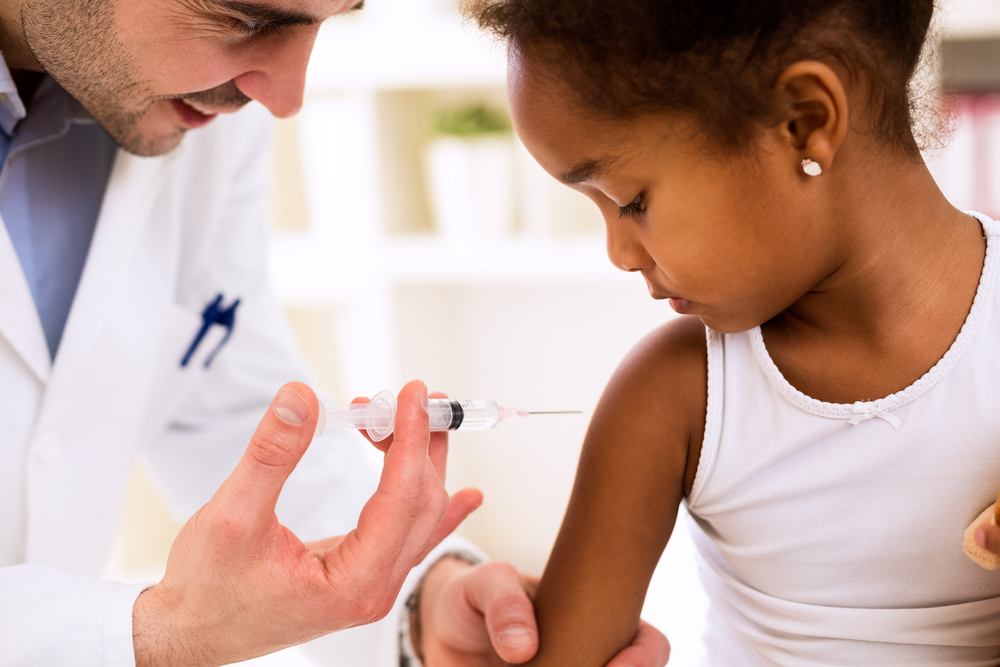Key Takeaways:
- Top health officials plan to tie COVID-19 vaccines to child deaths using unverified data.
- They will show user-submitted VAERS reports without any vetting.
- Experts warn this move spreads vaccine misinformation and scares people.
- The CDC advisory panel will weigh new COVID-19 vaccine guidance on Sept. 18–19.
Could Vaccine Misinformation Influence CDC?
Top health officers in the former Trump administration will present next week. They aim to link COVID-19 vaccines to child deaths. However, their evidence comes entirely from a database where anyone can submit reports. That means no proof backs the claims.
They plan to share these unverified reports with the Advisory Committee on Immunization Practices. This panel helps the Centers for Disease Control and Prevention shape vaccine advice. Panel members meet on Sept. 18 and 19 to discuss new COVID-19 vaccine guidance. Many scientists find this approach alarming.
How Vaccine Misinformation Uses Unverified Reports
First, the presentation will rely on the Vaccine Adverse Event Reporting System. VAERS collects user reports of possible vaccine side effects. People can send stories without any review or confirmation. This means some reports may be wrong or misleading.
Next, by using these unverified stories, officials spread vaccine misinformation. They may show a rise in reported child deaths after COVID shots. Yet no link has been proven. Studies worldwide affirm COVID-19 vaccines are safe for children.
Because of this tactic, parents may feel afraid. They might refuse shots that protect kids from serious illness. That fear can drive outbreaks of preventable diseases. In addition, it can weaken public trust in health agencies.
Scientists Express Alarm
Many career scientists reacted with concern. They spoke under the condition of anonymity. They said this plan could undercut years of vaccine work. One former CDC adviser called it a scare tactic to “scare people.” He added the government is now “in the business of vaccine misinformation.”
Officials pushing this move include a known vaccine skeptic. He has linked vaccines to autism, a claim scientists have debunked. He also faced tough questions from lawmakers in a recent hearing. His past statements raised alarm bells for public health experts.
These scientists worry the advisory panel may give weight to shaky data. Panel members rely on peer-reviewed studies, not user posts. If they treat VAERS reports as proof, they risk adding false claims to official guidance. That could harm vaccine efforts for years.
What Happens Next?
On Sept. 18 and 19, the CDC’s advisory committee will meet. It will review safety data, studies, and other reports. Typically, they focus on strong evidence that passes scientific checks. This time, however, they will see unverified VAERS stories too.
Committee members can question any data they find weak. They can ask for proper studies before acting. They may also warn the public if they see misleading claims. The CDC director has the final call on recommendations.
Still, the very act of sharing these reports adds fuel to false stories. Social media may light up with claims that vaccines kill children. That can push more parents away from shots. In turn, infection rates could rise among unprotected kids.
Health experts urge families to look for solid proof. They recommend official studies and peer-reviewed papers. Parents can also ask their doctors for guidance. Reliable sources include pediatric groups and university research.
In the weeks ahead, watch how the advisory panel reacts. If they reject the unverified claims, that sends a strong message. It shows the CDC stands by science over scare tactics. However, if they let this data guide advice, worries about vaccine misinformation will grow.
Conclusion
This plan to use unverified VAERS reports highlights the danger of false claims. Vaccine misinformation thrives when leaders spread unproven stories. As the CDC panel meets, families and experts will watch closely. They hope science stays at the center of vaccine choices.
Frequently Asked Questions
Why are officials using VAERS reports to link vaccines to child deaths?
They say VAERS data shows potential side effects. However, VAERS allows unverified submissions. Anyone can report, even without proof. Experts warn this can spread false claims.
What is vaccine misinformation?
Vaccine misinformation involves sharing untrue or misleading ideas about vaccine safety or effects. It often relies on incorrect data or personal stories that lack proof.
How can parents protect their children from COVID-19?
Parents should follow guidance from trusted health groups and doctors. COVID-19 vaccines have passed strict safety checks in many studies. Staying up to date on shots reduces risk of serious illness.
Where can I find reliable vaccine information?
Look to official health organizations, peer-reviewed journals, and your healthcare provider. Avoid sources that rely only on personal reports or anonymous posts. Always check for scientific evidence.
